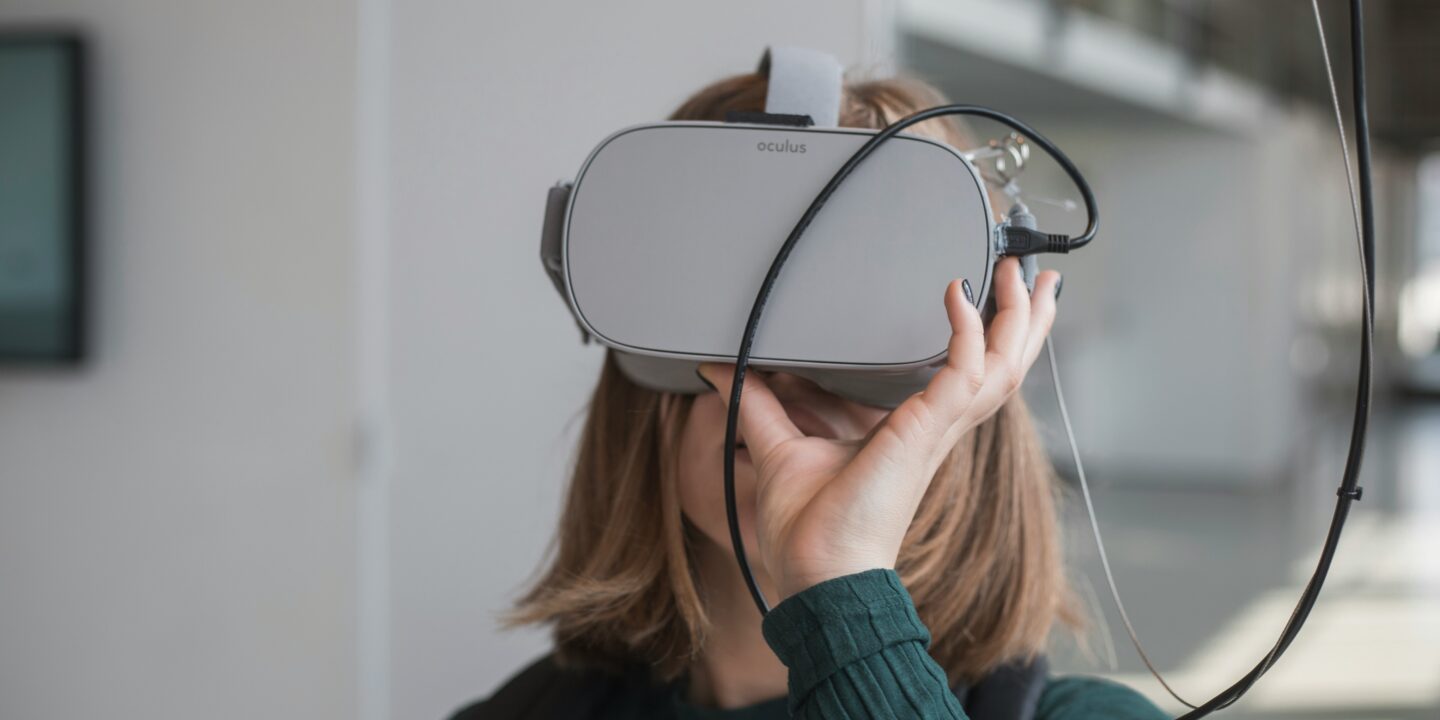
Welcome to the era where technology is not just a tool but a game-changer across various industries. From healthcare to education, transportation, and entertainment, tech innovation has reshaped the way we live, work, and play. Join us as we delve into how technology is revolutionizing these sectors and explore the challenges and controversies it brings along. Let’s take a closer look at the impact of tech innovation in shaping our future.
Impact of Technology on Various Industries
The impact of technology on various industries is profound and far-reaching. In the healthcare sector, advancements like telemedicine and wearable health devices have revolutionized patient care and monitoring. These innovations improve access to healthcare services and enable personalized treatment plans.
In transportation and logistics, technologies such as GPS tracking systems and autonomous vehicles have enhanced efficiency and safety in supply chain management. This has resulted in faster delivery times, reduced costs, and improved overall operational performance.
In the education industry, e-learning platforms, virtual classrooms, and educational apps are transforming traditional teaching methods. Students now have access to a wealth of resources online, making learning more interactive and engaging.
Meanwhile, in the entertainment industry, streaming services, virtual reality experiences, and AI-driven content recommendations are changing how we consume media. These technologies provide users with personalized entertainment options tailored to their preferences.
Healthcare Industry
The healthcare industry has been significantly impacted by technology in recent years. From electronic health records to telemedicine, advancements have transformed the way patients receive care.
One major benefit is increased accessibility to medical services, especially for those in remote areas. Telehealth allows patients to consult with healthcare providers through video calls, saving time and money.
Moreover, innovative technologies like AI and machine learning are being utilized for accurate diagnosis and personalized treatment plans. This not only improves patient outcomes but also enhances the efficiency of healthcare delivery.
Wearable devices and health apps have empowered individuals to take control of their well-being by monitoring vital signs and tracking fitness levels conveniently from home.
Technology continues to revolutionize the healthcare sector, paving the way for a more efficient and patient-centric approach towards delivering medical care.
Transportation and Logistics Industry
The transportation and logistics industry is undergoing a significant transformation due to technological advancements. From autonomous vehicles to real-time tracking systems, innovation is reshaping how goods are moved from one place to another.
These developments have not only improved efficiency but also enhanced safety measures in the industry. With the introduction of smart routing and predictive maintenance, companies can optimize their operations and reduce costs while ensuring timely deliveries.
Moreover, the integration of artificial intelligence and machine learning has revolutionized supply chain management by streamlining processes and minimizing human error. This has led to increased transparency and visibility throughout the entire logistics network.
As technology continues to evolve, we can expect even more groundbreaking solutions that will further enhance sustainability efforts within the transportation sector. The future holds endless possibilities for how tech innovation will continue to shape this vital industry.
Education Industry
The education industry is undergoing a significant transformation thanks to advancements in technology. Traditional classrooms are now being complemented by online platforms, making learning more accessible and flexible for students of all ages.
With the rise of e-learning tools and virtual classrooms, individuals can acquire new skills and knowledge from anywhere in the world. This shift towards digital education has opened up doors for personalized learning experiences tailored to each student’s unique needs.
Furthermore, technologies like artificial intelligence and virtual reality are revolutionizing how subjects are taught, engaging learners in immersive ways that were previously unimaginable. Students now have access to interactive simulations and educational games that make learning fun and interactive.
Technology continues to reshape the landscape of education, providing endless possibilities for both teachers and students alike.
Entertainment Industry
The entertainment industry has undergone a massive transformation with the advancements in technology. From how we consume content to how it’s created, tech innovation has revolutionized every aspect of entertainment. Streaming services like Netflix and Disney+ have changed the way we watch movies and TV shows, making them accessible anytime, anywhere.
Virtual reality (VR) and augmented reality (AR) have opened up new possibilities for immersive experiences in gaming and live events. Artists can now reach global audiences through social media platforms, bypassing traditional gatekeepers. Machine learning algorithms are even being used to predict audience preferences and tailor content accordingly.
However, this rapid evolution also brings challenges such as data privacy concerns and digital piracy issues. As technology continues to advance at a breakneck pace, the future of the entertainment industry holds endless possibilities for creators and consumers alike.
Challenges and Controversies Surrounding Tech Innovation
As technology continues to revolutionize industries, it also brings forth its fair share of challenges and controversies. One of the primary concerns is data privacy and security in an increasingly digital world. With the vast amount of personal information being collected, there’s a growing need for stricter regulations to protect user data from breaches and misuse.
Another issue that arises with tech innovation is job displacement due to automation. While advancements in AI and robotics can streamline processes and increase efficiency, they also pose a threat to traditional jobs. This shift requires individuals to adapt by acquiring new skills or transitioning into roles that complement technology rather than compete against it.
Moreover, the ethical implications of emerging technologies like artificial intelligence raise questions about accountability and decision-making processes. As machines become more autonomous, ensuring that they align with ethical standards becomes a crucial consideration for industry leaders and policymakers alike.
Additionally, the digital divide remains a significant challenge as not everyone has equal access to technological resources. Disparities in internet connectivity and digital literacy can exacerbate existing inequalities, underscoring the importance of bridging this gap for a more inclusive society amidst rapid technological advancement.
The Future of Technology in Industries
As technology continues to advance at a rapid pace, the future of industries looks promising with endless possibilities. From artificial intelligence and robotics in healthcare to autonomous vehicles in transportation, innovation is reshaping how businesses operate.
The integration of technology is not without its challenges and controversies. Issues such as data privacy, job displacement, and ethical considerations will need to be addressed as industries evolve in this digital age.
However, the benefits that tech innovation brings are undeniable. Improved efficiency, enhanced customer experiences, and new opportunities for growth are just some of the advantages that come with embracing technology.
Embracing change and staying ahead of technological advancements will be crucial for businesses looking to thrive in the future. By leveraging innovative solutions and adapting to evolving trends, industries can unlock new potential for success in a rapidly changing world driven by technology.






















